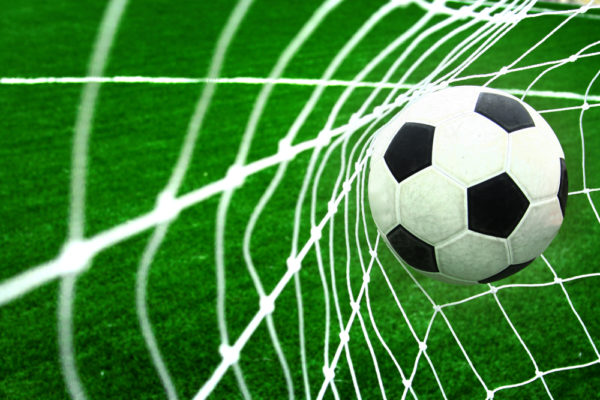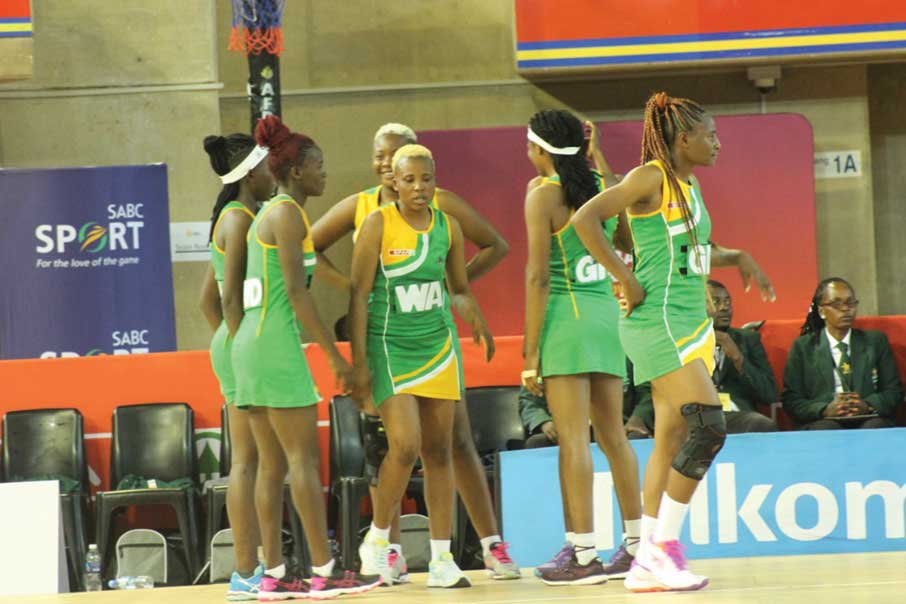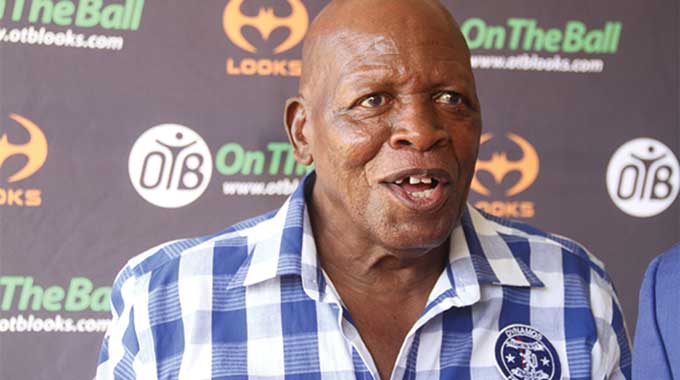
Sandra Bullock has appeared in numerous films and received over seventy accolades from numerous communities throughout her acting career but interestingly in 2009 she famously won two contrasting awards when she was honoured with the Best Actress Award at the Oscars for her part in ‘The Blind Side’ and with the Worst Actress Award in the Razzies for her part in the film ‘All About Steve’.
She was the best and the worst in the same year.
Interestingly, she accepted both awards in exactly the same way.
Similarly, film critics might have viewed films and had to rate one as ‘the best of a bad bunch’; no film was particularly good but if they had to name one as the best (and the worst), they could do so.
But can we say a rotten plum is better than a rotten banana? Can we rate a bad news programme as being better than a bad reality show? Is there any competition?
In a previous article we considered the stated view that Jack Nicklaus, who has won more Major titles than anyone else, even Tiger Woods, was “a wonderful winner but the best loser”. We looked at what made him “the best loser”.
We should perhaps turn that around and ask what makes a bad, or the worst, loser. We have all seen one, after all. Maybe some of us have even been one.
We have seen the “spoilt brat” who cries if he does not get what he wants. We have seen him cry, squeal, shout, scream, swear, huff and rant and rave; we have noted him kick out, hit out at whatever is in his way, throw away his bat with force and storm off (with the ball).
- The best of the worst
Keep Reading
“I’m not playing anymore!” If he wins, he is all happy and chirpy, excited and energetic; if he loses, he loses it. That is what makes him a bad loser. He does not just lose the game, the bad loser, he loses so much more.
The bad loser loses his temper, his emotional and rational balance. His mood shifts dramatically to the extent that he does things he would not do in the normal run of things.
That is not all; he also loses his focus. He is so busy trying to justify his own unfair position that he cannot concentrate fully or correctly on the task at hand.
Instead of trying to focus on rectifying the situation, the loss, he seeks ways to justify his actions, to shift the blame to others.
Yet that is still not all. The bad loser also loses perspective. He can no longer see what is important, relevant or significant. He only sees winning as important. He sees it as a catastrophe when it is only a momentary setback. Then he loses his patience, as now everything must happen immediately.
And ultimately, as a result of all the other losses, he loses his joy, his sense of enjoyment, over something that is not worth getting upset about.
All of that may make us wonder and even despairingly reflect if is there is anything worse than a bad loser.
What could possibly be worse than a bad loser?
To answer that, let us return to Nicklaus who was not only “a wonderful winner but the best loser” and turn it around. The one thing worse than a bad loser is a bad winner.
If the bad loser cries when he does not get what he wants, the bad winner is the one who does not use what he gets when he wins. Once again, he is a “spoilt brat”.
The bad winner is the one who gloats over the ones he has defeated, who mocks and taunts and rubs it in to the vanquished, who makes the losers feel small, useless, unwanted.
The bad winner is the one who does not learn from the victory or even reflect on why he won.
The bad winner is the one who thinks he is entitled to much from winning, the one who trains less as a consequence of winning, who provokes negative reactions from opposing spectators and teams, who goes overboard in his celebrations.
In other words, the bad winner also loses temper (in the opposite direction), focus, perspective, patience and joy but does so having won – there is far less reason to do so when he has won than when he lost.
We need to teach children how to handle loss and how to handle victory. And yes, there is something worse than a bad loser: it is a bad winner.
Well might we wonder: can we have a good ‘baddie’? Well might we ask: who teaches children to lose badly and to win badly?
Whoever it is, is the real loser, the real baddie. We must make sure it is not us, as coaches or parents.










